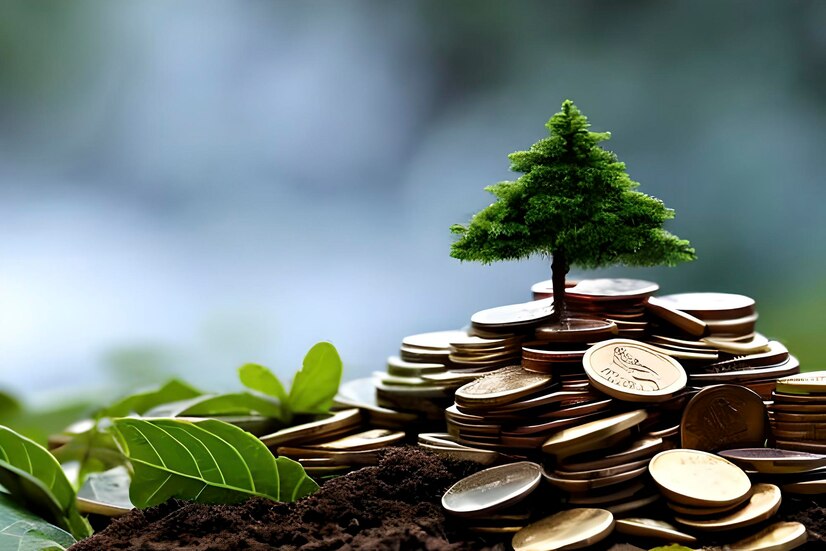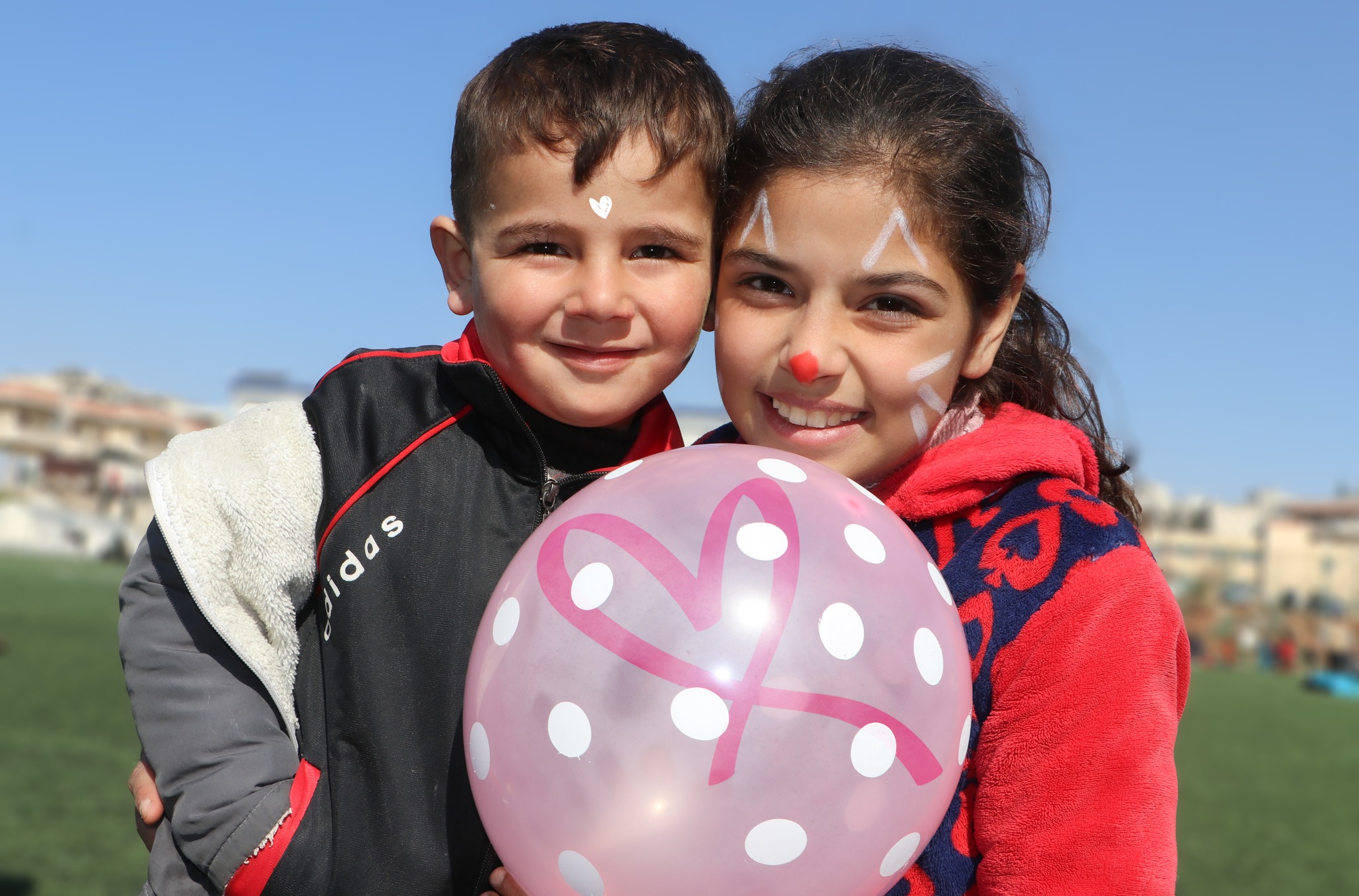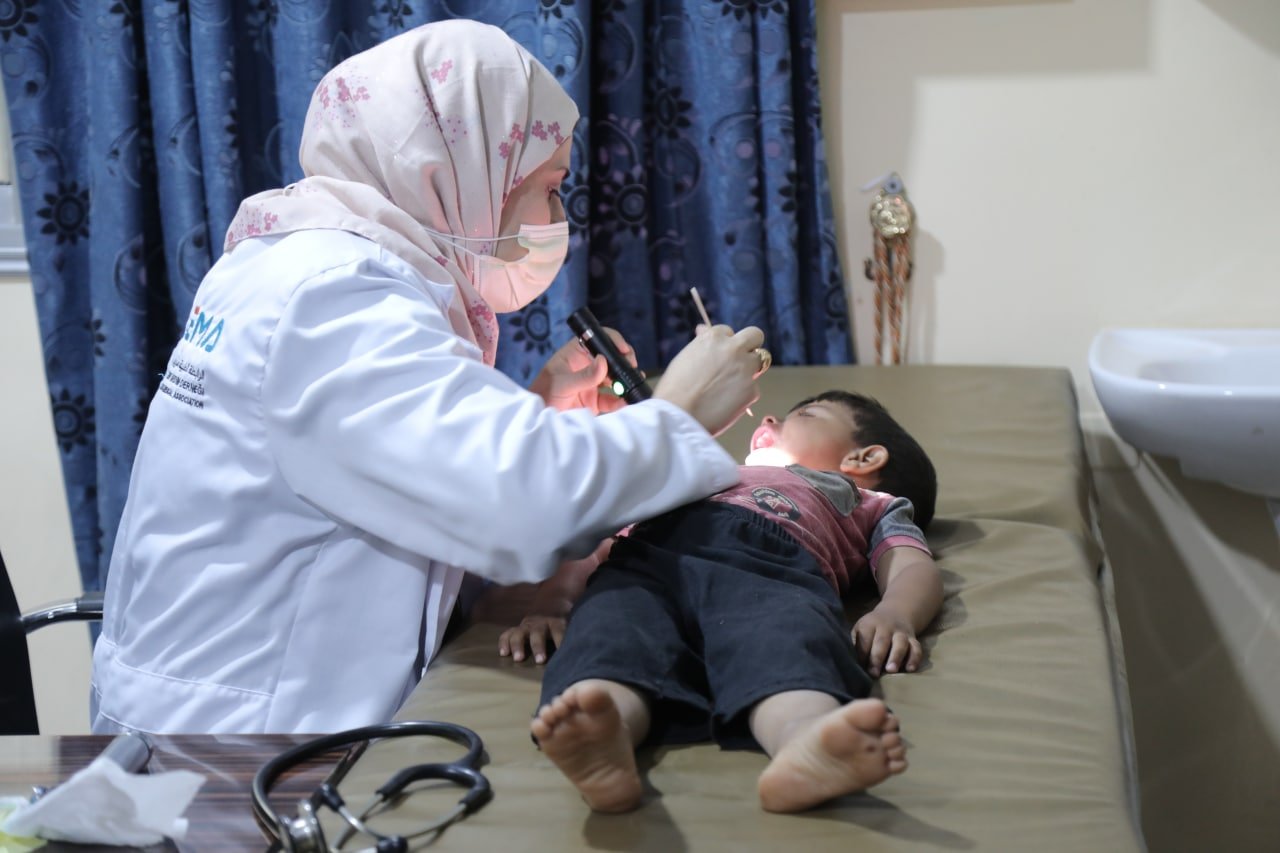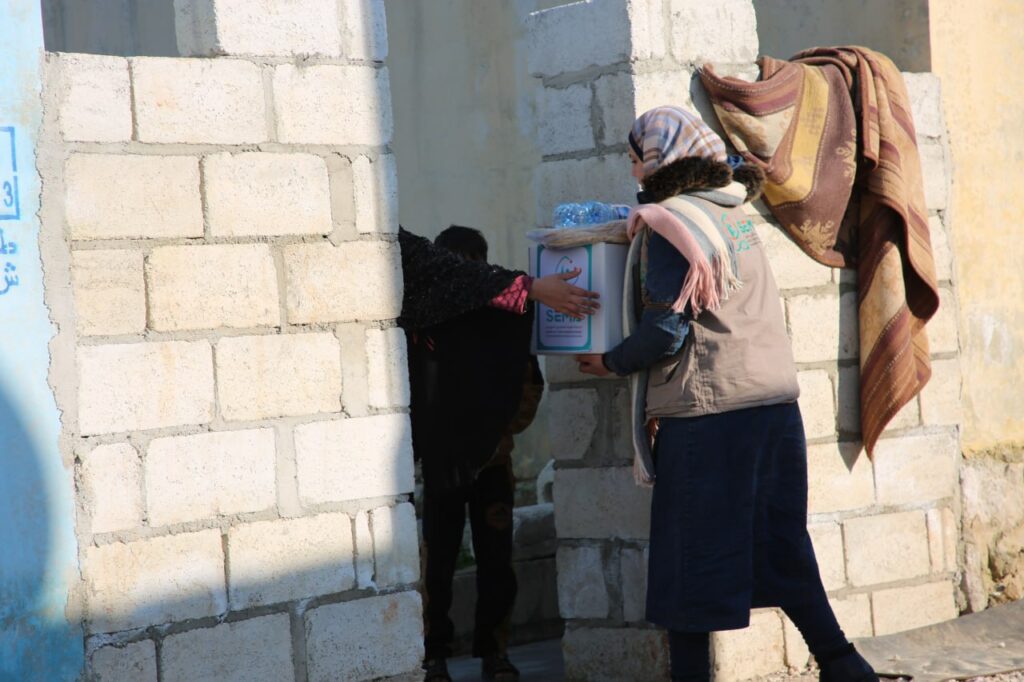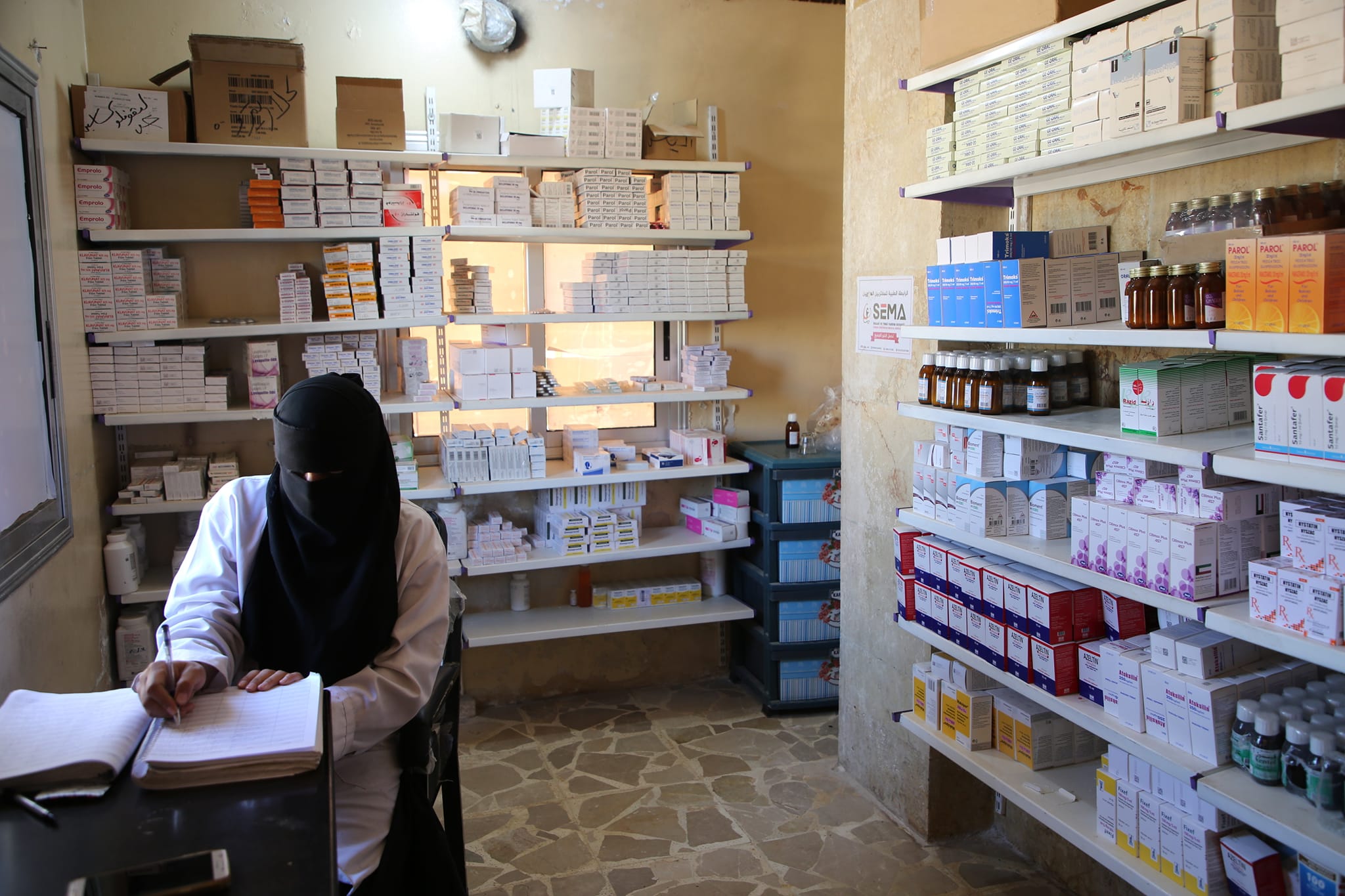The month of Ramadan is indeed the golden opportunity for Muslims to boost their spirituality and strengthen their relationships with the Almighty Allah (SWT).
One of the most prominent means of doing so is through giving to charity by ways of sadaqah and zakat.
Charitable donations will certainly help deprived individuals, especially among the Syrian refugees, fast the month of Ramadan without experiencing any health issues.
There are also many benefits for charity during the month of Ramadan that you definitely do not want to miss. In this article, we highlight those benefits.
Boosting spirituality
Fasting helps boost our spirituality in numerous ways. It is an obligatory act of worship that we do during Ramadan to renew the faith in our hearts, humble ourselves, and improve our conscience of Allah’s (SWT) presence.
By controlling our desires of thirst and hunger, we improve our spiritual growth and development.
Moreover, feeling these kinds of desires help us sympathize with the less fortunate who feel the same as part of their daily life.
In addition, during this blessed month, we increase our good deeds and acts of worship in a bid to please Allah (SWT) and strengthen our connection to the Almighty.
Fulfilling the duty of zakat and sadaqah
Zakat and sadaqah are forms of charity that Muslims are urged to pay as a means of pleasing Allah (SWT) and enhancing the spiritual ties with Him.
Additionally, Muslims are obliged to pay zakat al-Fitr as to celebrate their fasting during this holy month.
The Prophet (PBUH) said: “Islam is based on five things: the testimony that there is no god but Allah and that Muhammad is His servant and messenger, the establishment of the prayer, the payment of Zakat, the Pilgrimage, and the fast during Ramadan,” (Bukhari and Muslim).
Moreover, sadaqah is the best act of worship that Muslims can do to help their brothers and sisters who are in need. Zakat and sadaqah are deducted from the rich to be paid for by the poor in order to end their misery, spread happiness, and relieve their pain.
With charitable donations, poverty will be reduced from society and prosperity will flourish.
Moreover, such forms of charity in Islam can combat hunger, ignorance, underdevelopment, neediness, and other issues faced by vulnerable and underprivileged communities.
Supporting the less fortunate members of society
Supporting the less fortunate members of the society is the duty and responsibility of every Muslim.
Particularly, Muslims during the special month of Ramadan are urged to feel the pain of fellow Muslims, especially the less fortunate.
By giving your zakat and sadaqah to the less fortunate members of the society, you will help provide them with their basic needs and alleviate their suffering.
Your charitable donations will enable them to lead a dignified life. Many of those vulnerable members include children, pregnant women, and old people.
Your donations will help provide them with their needs from food, clothing, shelter, health care, medication, and more.
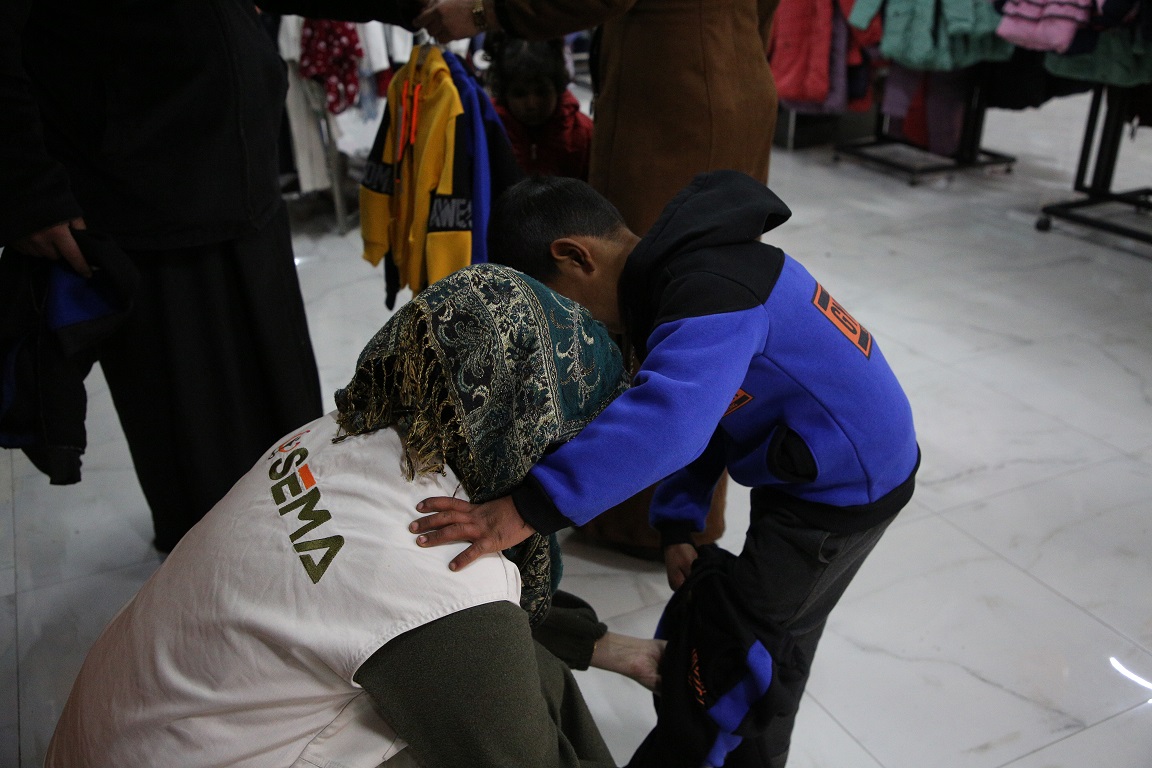
Reinforcing the importance of generosity and compassion
Hardships and troubles form an integral part of our existence and the overall human experience.
That means that at some point in our lives, we will be experiencing some sort of an issue or a hardship, at which point we will need the support of others.
That is why we should be sympathetic to those who are struggling or facing any kind of destitution in their lives.
By means of generosity and compassion, we can spread kindness among the members of the community and help relieve the pain of each other.
Gaining blessings and rewards from Allah (SWT)
The main aim of worship acts and good deeds in Ramadan is to get closer to Allah (SWT).
One of these acts of worship includes charitable donations which help Muslims who are living in austere and dire conditions.
Muslim donors hope to earn the Almighty Allah’s rewards and blessings by assisting each other to live in dignity.
In addition to gaining the blessings of Allah in this life, they will enter paradise through the door of charity. Most importantly, the charity is multiplied by 10 times in terms of rewards and even more on Ramadan.
Strengthening the relationship with the community
One of the most essential virtues of sadaqah and zakat is strengthening ties within the community.
The believers are urged to give sadaqah to the less fortunate and vulnerable groups of the Muslim community.
These groups include orphans, widows, the sick, and the needy. Therefore, Muslims will feel compassion and mercy toward each other when they recognize their pain and need and act accordingly.
Enhancing personal and social responsibility
Charity in Islam is one of the most crucial means of purifying the believers from the vices of selfishness and instilling the virtues of compassion, sympathy, philanthropy, and social responsibility in them.
Additionally, zakat and sadaqah abolish feelings of hatred from the hearts of the less privileged members of society toward the wealthier members.
Thus, enhancing the social bonds between all members of society.
Moreover, charity saves Muslims from feelings of self-indulgence and ego-centricity.
Creating a culture of giving and philanthropy
The charity helps establish a culture of generosity and philanthropy among the members of the Muslim community.
This culture of giving will pave the way for building a strong Muslim community, where wealthy people acknowledge the needs of the less fortunate individuals of society.
Thus, the consequences of poverty will be mitigated and the needs of the vulnerable people of society will be met.
Donate now to help refugees fast during Ramadan
At SEMA, a humanitarian, no-profit organization, we help the Syrian refugee communities get the healthcare they need.
Many of the communities of the Syrian refugees and those internally displaced lack the proper infrastructure for healthcare services.
Especially during Ramadan, we work on helping those in need of medical care fast without compromising their health.
Your sadaqah during the blessed month of Ramadan will help alleviate the suffering of many patients by providing them with the medical assistance they are in a dire need of.
Donate to SEMA’s Ramadan Appeal to help provide the refugee patients with their medication and secure the treatment costs for 100,000 children, women, and elderly.
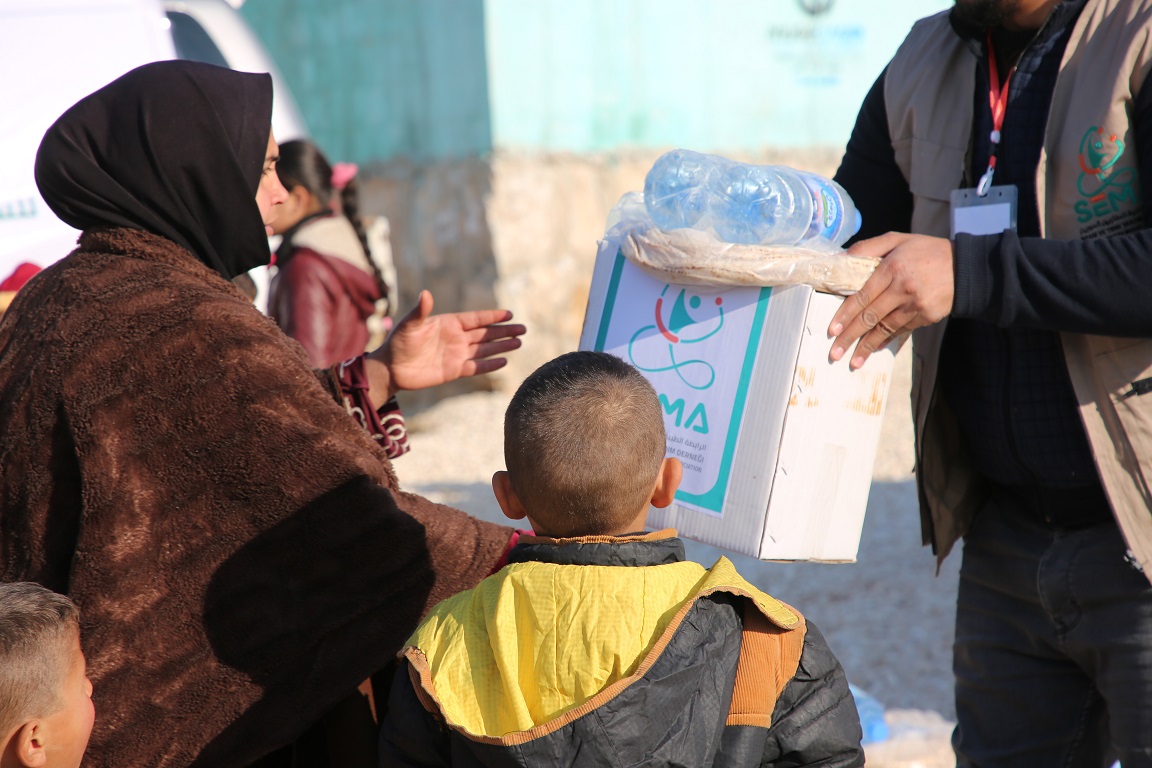
FAQ
How can I make the most of the last 10 days of Ramadan?
Muslims can make the most of the last 10 days of Ramadan by doing the following:
-Performing as many good deeds and acts of worship as possible.
-Reciting the Qur’an.
-Praying during the night.
-Supplicating (making duaa’).
-Giving sadaqah to the poor and needy.
What is the most important event of the last 10 days of Ramadan?
The most important event of the last 10 days of Ramadan is Laylat al-Qadr, the Night of Decree or the Night of Power.
What should I do during the last week of Ramadan?
During the last week of Ramadan, Muslims should increase their good deeds and acts of worship to please Allah (SWT) and get more rewards.
What happened on Laylat al-Qadr (Night of Power)?
On Laylat al-Qadr, Allah the Almighty first revealed the Qur’an to the Prophet (PBUH) through the angel Gabriel (Jibrīl).
References
Read More

